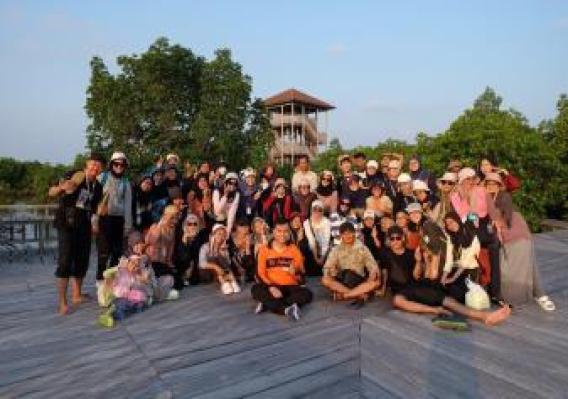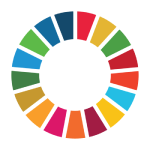Karimun Jawa’s Natural Laboratory: A Marine Biology Field Study Journey for UNY Students

Universitas Negeri Yogyakarta's Department of Biology Education offers a course named Marine Biology. Students enrolled in the biology study program must take this course. This subject is taught in two ways: theoretically and through practicums in the lab and in the field. This activity is done out in the national park's waterways as part of the practicum activities.
In 2023, biology students from the Class of 2021 completed field practicum in Karimunjawa waters. Coordinated by Rio Handziko as a Lecturer on Marine Biology, On May 24, 2023, 93 pupils, four lecturers, and one education staff member traveled for Karimunjawa seas. Rio said, these students collected data on marine organisms such as seagrass, reef fish, coral reefs, mangroves, and plankton. The data was collected using scientific data collection procedures frequently used in the field and tailored to the species to be recorded.
Karimunjawa National Park's waters were chosen as a location for marine biology field studies for good reason. This is based on the marine waters region, which must be evaluated in terms of current strength and wind speed. The waters of Karimunjawa are surrounded by a marine park, therefore if a strong wind blows from the west, students will conduct data collection in the waters of the eastern region, breaking the wind and ensuring student safety while collecting data in the waters.
Biology students this year had the opportunity to gather seagrass data on Tanjung Gelam Beach, mangrove data on the Kamojan mangrove site, and coral reef and reef fish data in Menjangan Kecil Island's coral habitat. Data collecting lasted three days, and the results are as follows. On this occasion, we were able to identify the following organisms: 20 varieties of mangroves, 5 types of seagrasses, 26 types of coral reef, 35 species of reef fish, and 30 types of plankton. This number clearly needs to be checked, given that the identifying technique was solely morphological, with no anatomical or molecular identification.
The overall goal of the explore to Karimunjawa National Park is to give students firsthand experience with the sea in marine biology classes. This subject is exclusively offered by two universities in Yogyakarta: the UNY Biology Education Department and the Biology Study Program of the UGM Faculty of Biology. This is undoubtedly the most distinguishing feature of UNY Biology grads, whether one is an LPTK or ex IKIP. That UNY biology graduates possess trustworthy marine competencies. Furthermore, an awareness of marine literacy is applied to this course as a direct result of UNY's efforts to support the lecture process that includes SDGs, particularly SDG 14, Life Below Water.






